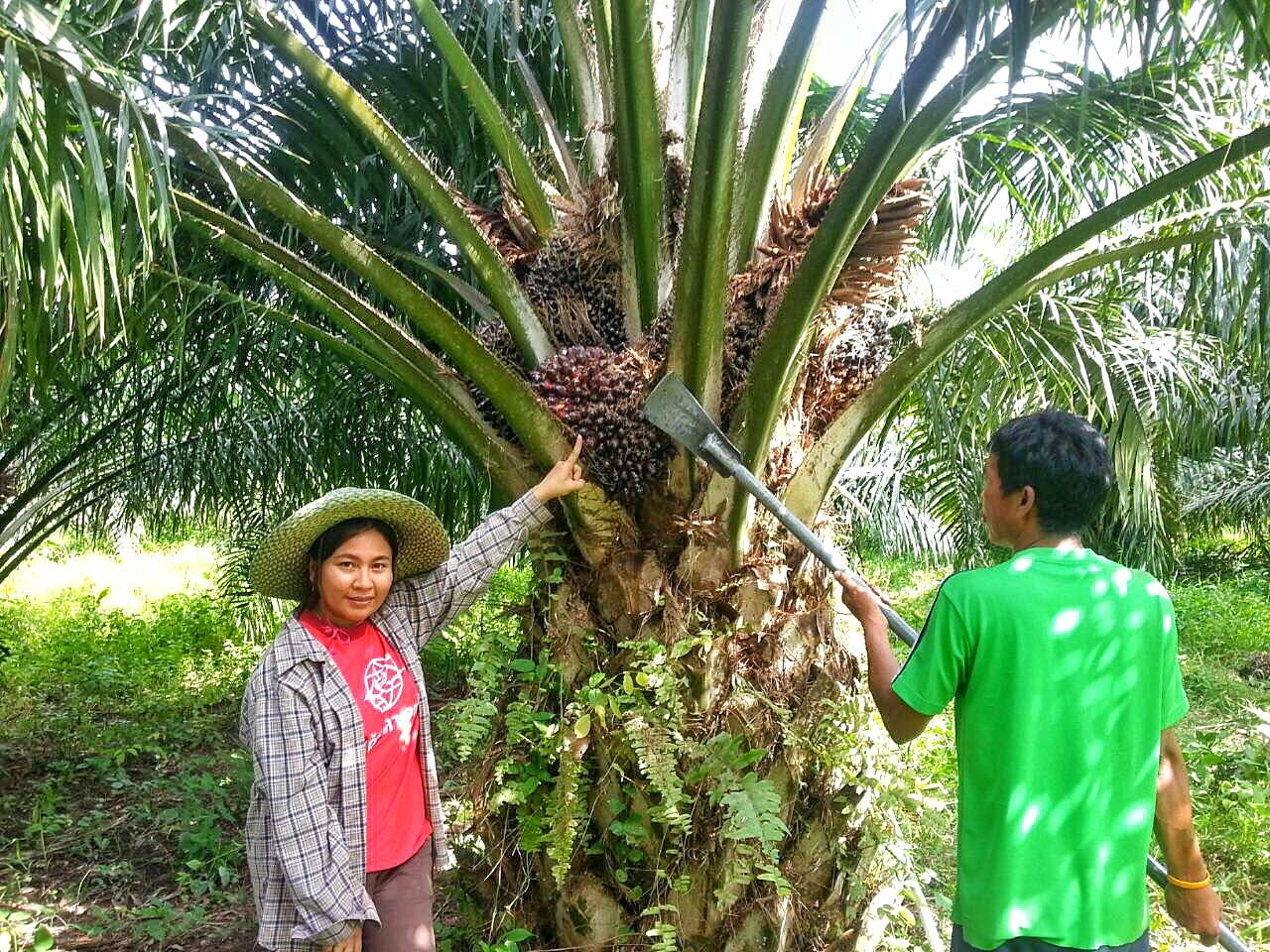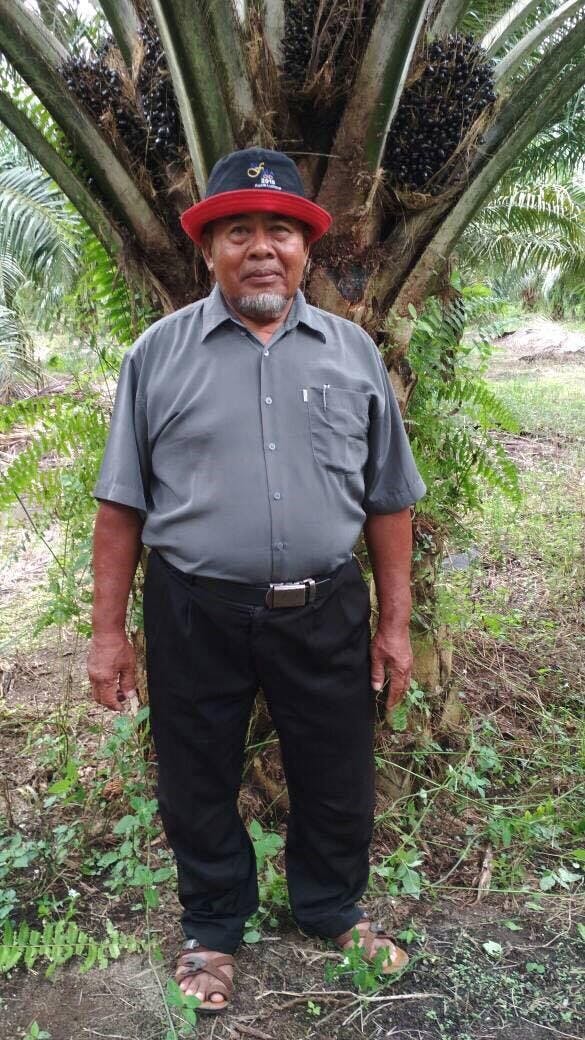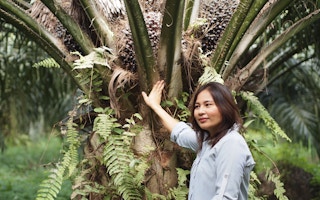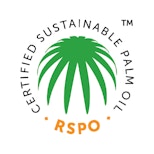It is farmers with the smallest plots of lands who could have the biggest impact on the future of the palm oil trade, the world’s most consumed, and controversial edible oil.
Defined as farmers with 50 hectares or less of land, smallholders produce 40 per cent of the US$66 billion industry’s oil, but only 14.5 per cent of the world’s sustainable palm oil. The potential for smallholders to grow palm oil in ways that avoid the issues that have given the industry a bad reputation while earning a decent living is huge.
Pornsiri Raknukul, who runs a farm of 16 hectares in Krabi province, Southern Thailand, is one of 160,000 palm oil smallholders who run farms certified as sustainable by industry association Roundtable on Sustainable Palm Oil (RSPO).
This means that she has committed to farming according to the principles set out by RSPO, which include avoiding environmentally destructive practices such as burning forests to expand plantations. These principles and knowhow have helped Pornsiri to more than double the productivity of her palm oil plots.
Through a series of interviews with farmers on the ground, Eco-Business explores how smallholders within and outside the RSPO ecosystem are changing the narrative on sustainable palm oil.
“
There are many oil palm farmers who insist on sticking to the old ways. Whenever I drive passed their farms, I always wonder why they do not change their practices—their yields are so low.
Pornsiri Raknukul
From bank manager to palm oil farm owner in Thailand
A few years ago, Pornsiri decided that something had to be done about the declining yields of her oil palm plots, which had been managed by subcontractors. The burden of working while caring for her family, even as her health deteriorated, had become too much.
So she decided to leave her job as a bank manager, and work on the farm full-time so she could manage the plots herself.
Now, her life is busy but uncomplicated, she says. She makes breakfast for her family, sends her children to school, and then drives her pickup truck to her oil palm plots two kilometres away.
From 9:00 a.m. to 4:00 p.m., she not only manages her oil palm plots, but weeds, fertilises and harvests the fresh fruit bunches.
After her farm duties, she buys groceries at the local markets to prepare for dinner, and visits her mother.

Pornsiri points at her sustainably farmed fresh fruit bunches
It is five years since Pornsiri joined RSPO’s Smallholders Working Group, and her approach to farming has changed completely. RSPO certification would ordinarily be too expensive for most small farmers, but RSPO helps smallholders with funding towards certification, access to better seeds, fertiliser, knowhow and markets.
“I sometimes regret not having tended to the farm myself in the past. Now I fully understand the importance of farm management, and how best to spend my time since joining the Working Group,” she says.
Since applying sustainable practices, such as using the right sort of fertiliser in the right quantities at the right times, and cutting out the use of herbicides for weed control (she now weeds manually), the yield of Pornsiri’s oil palm plots has increased from 12 tonnes per hectare per year to 31.25 tonnes.
She says that keeping up with RSPO standards, which are reviewed every five years, is the hardest thing about sustainable palm oil farming. But it’s worth it, she says. “I’m determined to make it work.”
The price premium for sustainable palm oil is a challenge, Pornsiri notes. Certified palm oil, which makes up around 19 per cent of the market globally, is roughly twice the price of the regular variety, so it’s harder to find customers. But she says that since the market price is out of her control, “I try not to worry about it,” she says.
“If we can manage our plantations well, they will sustain us over the long term. I’m teaching my son and other relatives how to manage a palm oil plantation in a sustainable way, so my legacy will continue,” she says.
Given the extra effort required to manage a farm sustainably, would she ever consider reverting to the practices of old; burning land to clear it, and using harmful chemicals to fertilise the soil and kill weeds? No way.
“There are many oil palm farmers who insist on sticking to the old ways. Whenever I drive past their farms, I always wonder why they do not change their practices—their yields are so low,” she says.
“The sight of poorly managed and uncared for plots that misuse agro-chemicals reminds me that I’ve made the right decision.”
“
Farmers know that if they burn, the fire will spread, and if it spreads, they will have to pay compensation to the neighbouring farmer.
Haji Sahani Bin Sahran, farm manager, Johor, Malaysia
Growing on peat in Malaysia

63 year-old Johor farm manager Haji Sahani Bin Sahran
Haji Sahani Bin Sahran, Mohd Faridz Bin Harrith and Mohd Nasir Bin Bakri have more than half a century of experience in the palm oil trade between them.
Previously farmers, these men now manage a group of smallholders with a total of 350 hectares of land in Johor, southern Malaysia.
Over the course of a typical working day, they will travel up to 50 kilometres to visit smallholders and inspect their plots, make sure the farm work has been done, and check that the harvested fresh fruit bunches have been taken to the buyers.
Life is not easy for farmers in Johor, since much of their plantations are grown on peat, a soggy, carbon-rich soil that needs to be drained before it can be cultivated.
As the plots of land are small, farmers are reluctant to dig big ditches that will drain the soil, because they take up valuable space on their plots. So it’s up to the farm managers to make sure that smallholders share the responsibility of ditch digging to ensure the water table is properly managed.
The biggest challenge for farmers growing on peat is that it is expensive and relatively unproductive, says Haji Sahani, a 63 year-old former farmer with more than 30 years of experience in the trade. The cost of fighting pests and disease is rising, while the price of palm oil is flat—so profits are under strain.
Nasir, who farms on mineral soil, produces five tonnes of oil from two hectares of land. But Haji Sahani, who grows on peat, produces just four tonnes from four hectares of land.
The three men are part of a programme run by Wild Asia, a Kuala Lumpur based non for profit social enterprise that helps smallholders produce sustainably for buyers looking to clean up their supply chains.
In this case, the buyer is Procter & Gamble (P&G), the world’s second largest consumer goods company. P&G uses palm kernel oil as an ingredient for household detergent brands such as Tide.
P&G uses about 1 per cent of the world’s palm oil, and in 2014 made a commitment to cut deforestation out of its palm supply chain by 2020. Working with Wild Asia, the company sources palm kernel oil from a network of mostly independent smallholders affiliated with Felda Global Ventures, a large palm oil firm.
The programme helps farmers learn how to farm on peat more effectively; the best harvesting techniques, how to use fertiliser and manage the nutrient levels of the soil.
A key learning from the programme, says Faridz, is how to use the right sort and right quantity of fertiliser on peat soil, which has meant less spraying is needed. This has helped boost productivity.
“Previously, we could only harvest twice a month. Now we can harvest three times a month,” explains Faridz, who adds that more frequent harvesting has meant less time spent picking up loose fruit bunches.
The productivity of his farm has increased by 13 per cent since joining the programme, he shares.
There’s still progress to be made. Though the smallholders are working towards RSPO certification standards, they currently send their harvest to an uncertified mill. So they cannot call themselves RSPO certified farmers until the mill is certified. Once it is, RSPO certification is a next step they could take.
The benefits of more sustainable farming have found traction among the smallholders of Johor, who recognise that better training and knowhow translates into a more stable income. Says Nasir: “Sustainability and a healthy, productive farm go hand in hand.”






















